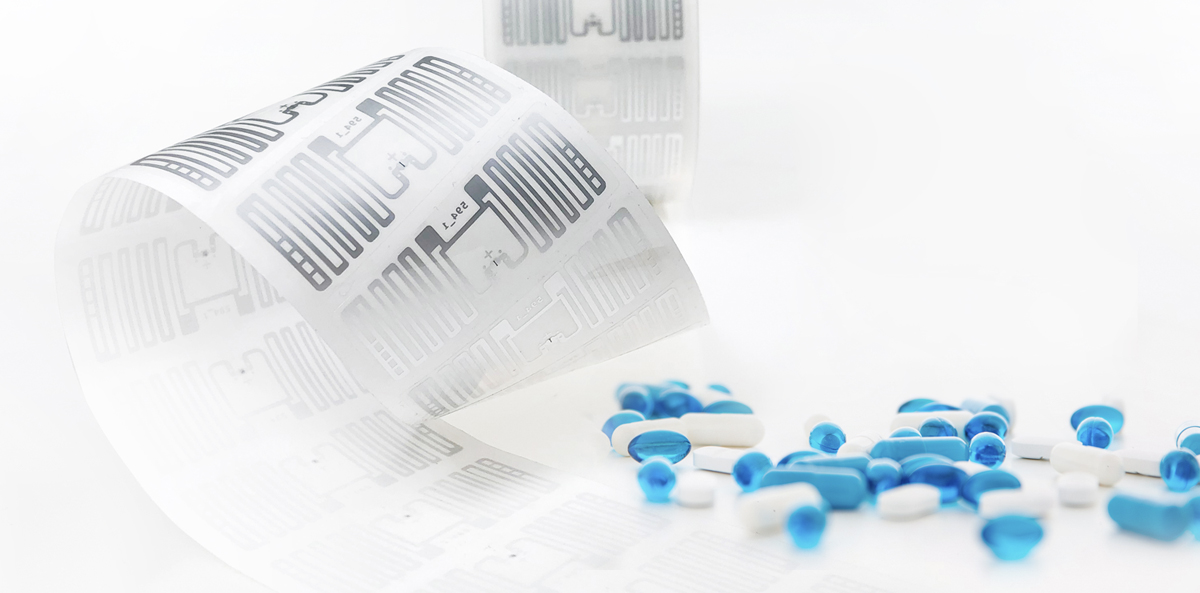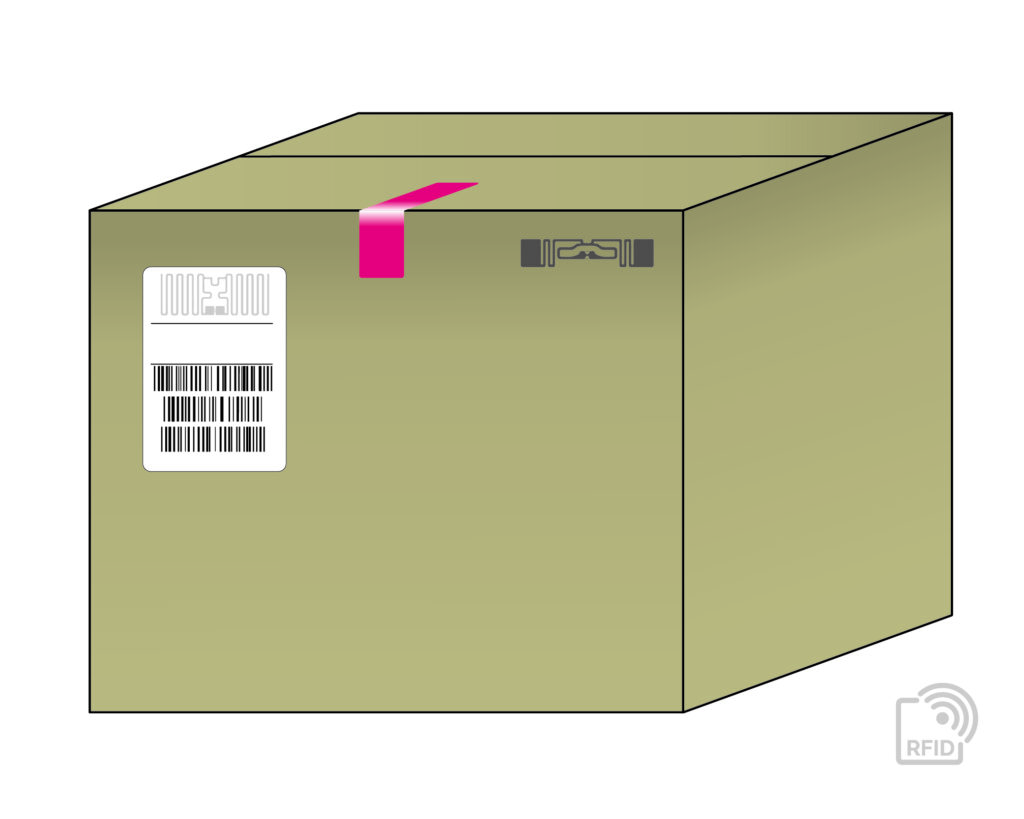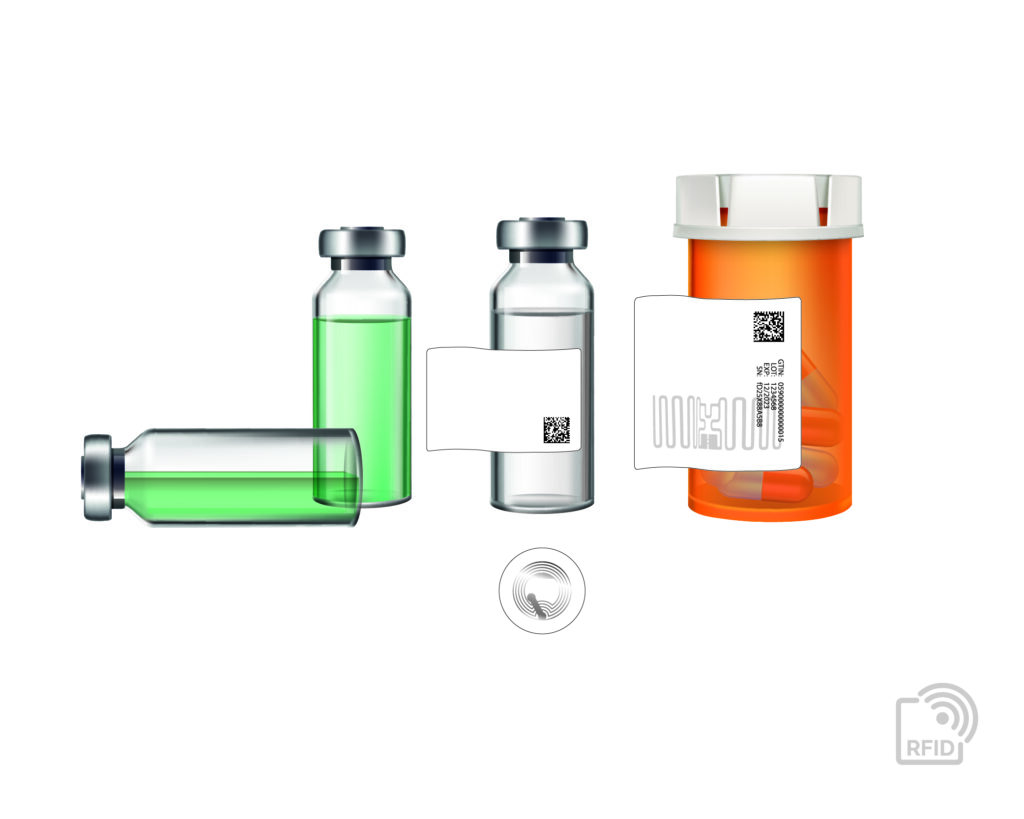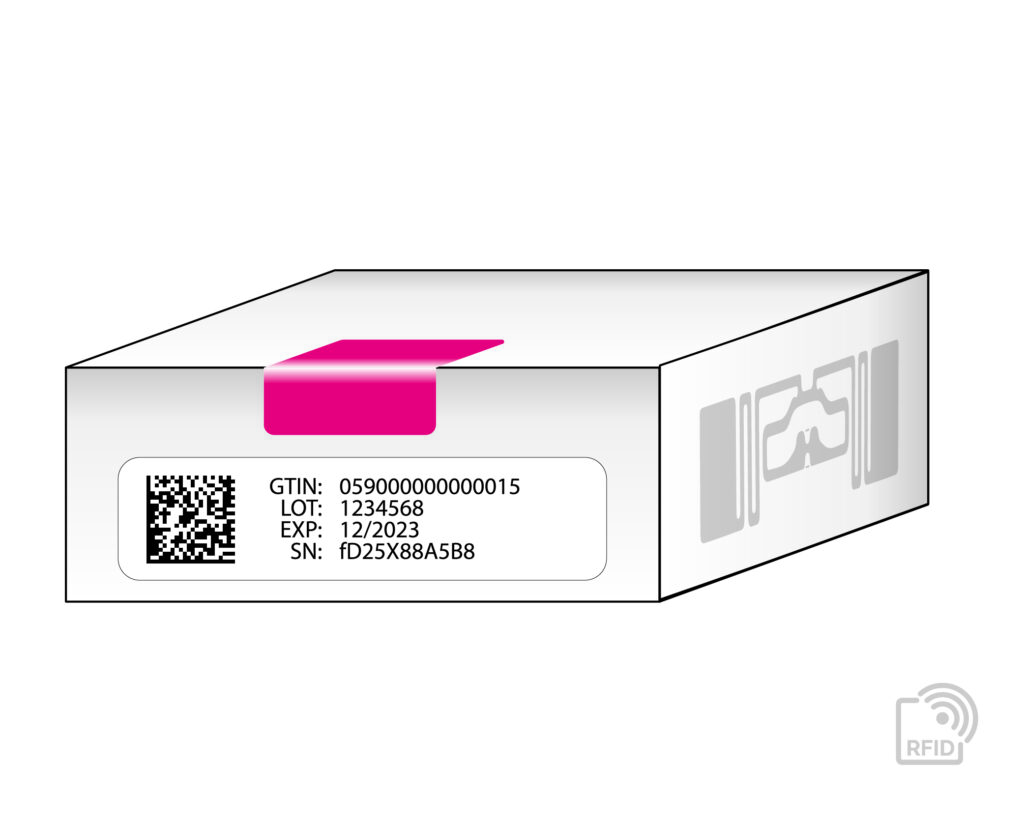
RFID technology in the pharmaceutical industry and healthcare. Discover the eight applications!
Nowadays, RFID (Radio-Frequency Identification) technology plays an increasingly significant role in various areas of life, and one sector in which its potential is especially evident is healthcare and the pharmaceutical industry.
What are the advantages of RFID technology?
RFID is an advanced identification system that, using radio waves, makes it possible to track and identify products easily and efficiently. While doing so, it minimizes human error and streamlines logistics processes. In healthcare and pharmaceutics, this technology offers numerous benefits, both in terms of data management and ensuring patient safety.
What does Etisoft offer the pharmaceutical industry? Check it out!
High precision, no need for direct visibility of tags (labels), the ability to read up to several hundred RFID tags at the same time, as well as the option to use solutions in various environmental conditions, make RFID an essential element in the healthcare sector.
Although usually when talking about RFID, we mean solutions operating at UHF frequencies, and NFC (Near Field Communication), tags also perform excellently in some cases.
RFID sensors which make it possible to monitor environmental parameters such as temperature or humidity are even more advanced solutions.
Simple and effective identification in your laboratory. Discover the etiCALLS system!
Application of RFID technology in healthcare
As we know, the application possibilities of RFID technology are only limited by our imagination/ Let us mention just a few of them:
Tracking and monitoring pharmaceutical supplies
RFID technology, through the unique identification of products, is revolutionizing supply chain management in the pharmaceutical industry. By using a unique RFID tag, it is possible to fully track the product route from manufacturer to patient. The additional use of RFID sensors guarantees that drugs are transported and stored in proper conditions in compliance with requirements. This makes it possible to react immediately in the event of any problems.

Patient safety
In healthcare, human errors may have serious consequences. RFID technology comes to the rescue here, eliminating the risk of confusion associated with patient identification. Each patient can receive an individual RFID tag (e.g., in the form of a wristband), which not only facilitates access to medical information but protects against unintentional substitutions or incorrect drug administration. An RFID tag can also be used to localize the patient, which may be of importance in larger medical facilities.
RFID basics, or rather facts and myths about RFID
Inventory management and control of drug usage
Effective drug inventory management is of key importance in every medical facility. With the use of RFID technology, it is possible to automatically monitor the number of drugs on shelves and to control their best-before date. This makes it possible to eliminate waste and respond effectively to changes in demand.

Equipment management in medical facilities
Hospitals and medical facilities frequently have a lot of medical equipment that must be regularly maintained and repaired. Thanks to RFID, the personnel can easily check its technical condition and maintenance schedule. What is more, it is also possible to quickly find a specific piece of equipment on the premises of a given medical facility.
Supervision of medical instruments
One of the key issues is the supervision of medical instruments used during treatments and surgeries. Not only is it significant to have control over their location, both before and following surgery, but also to be certain that they have undergone all the necessary processes such as sterilization. Here, RFID tags may also come in handy.
Application of RFID sensors in the monitoring of products at low temperatures
When it comes to storing pharmaceutical substances at low temperatures, RFID technology with sensors is becoming necessary. RFID tags, resistant to extreme conditions, can be used to monitor and control temperature in pharmaceutical warehouses that store drugs, including those that require storage under cryogenic conditions. This protects against potential damage to the active substances of the drugs, ensuring their effectiveness.
Monitoring of production processes
RFID tags in the pharmaceutical sector can help monitor production processes ensuring quality control and identification of potential irregularities in real time.
Pharmaceutical drug safety and anti-counterfeiting
RFID technology is also used to combat counterfeit drugs. By placing RFID tags on drug packaging, it is possible to verify the authenticity of the product from production to delivery to the patient.

It is worth noting that specific benefits may differ depending on the size and specificity of a medical facility as well as the level of implementation of RFID and NFC technologies. However, the aforementioned data illustrate the potential time savings, improved patient safety, and efficiency of healthcare processes which can be attained through the application of these technologies.
